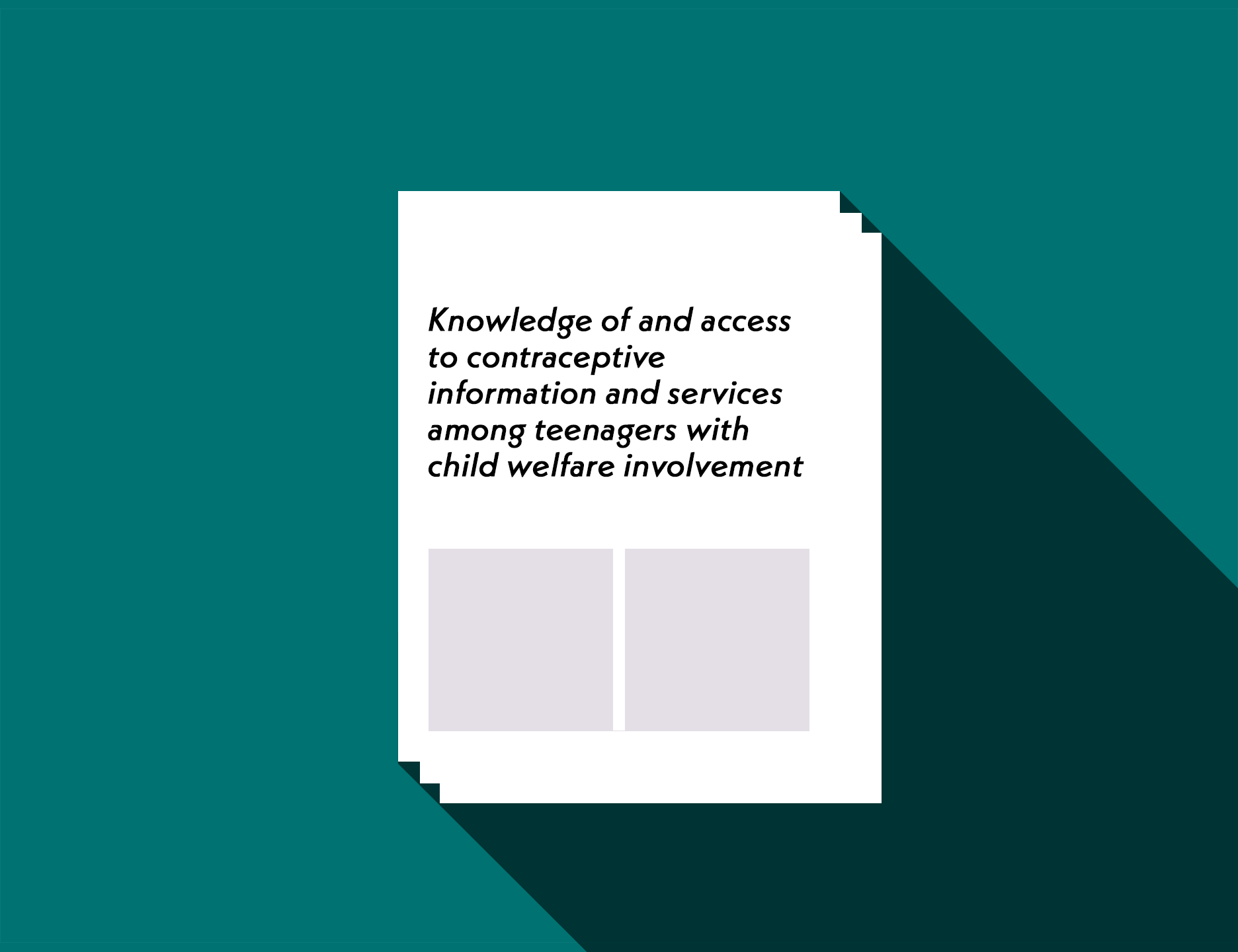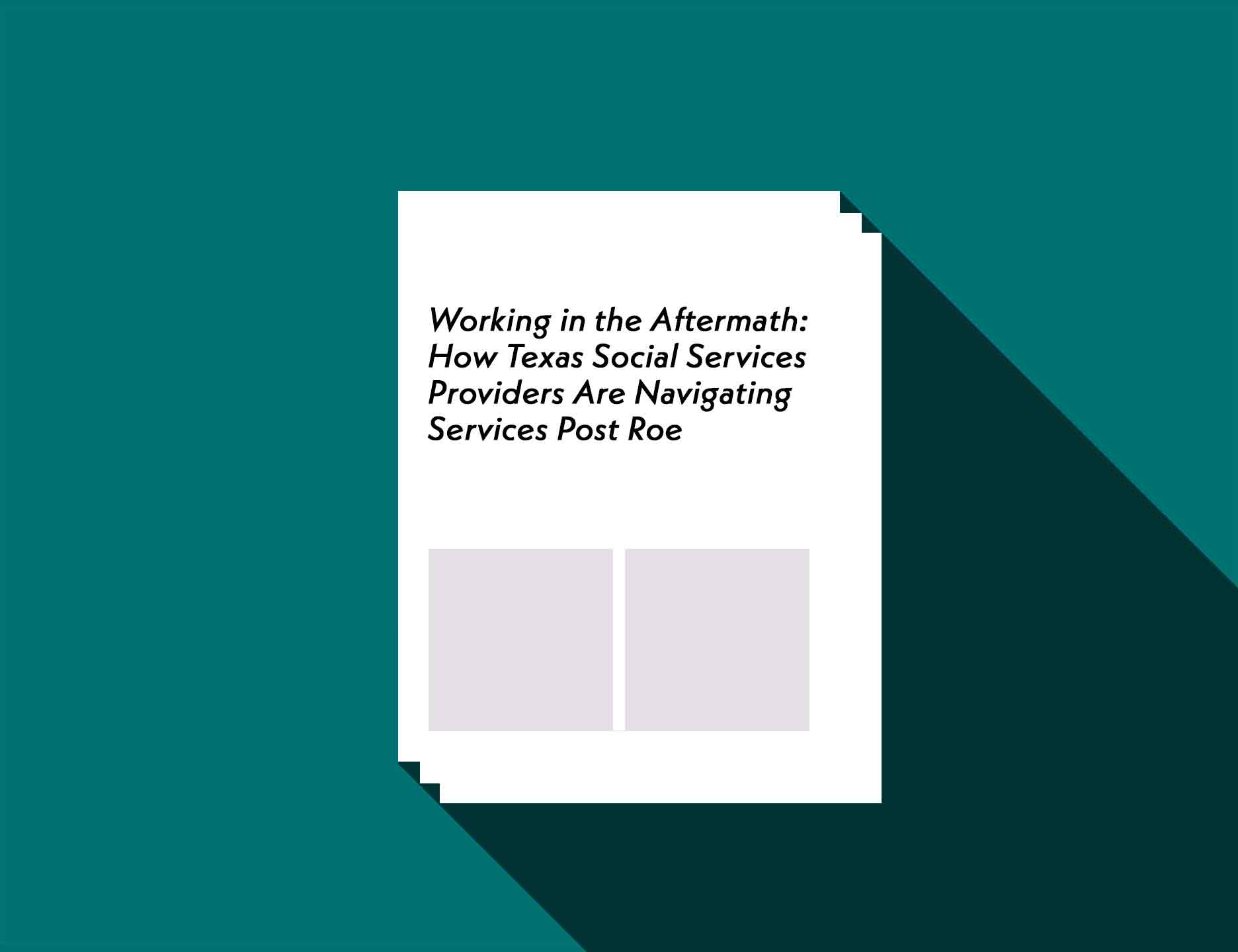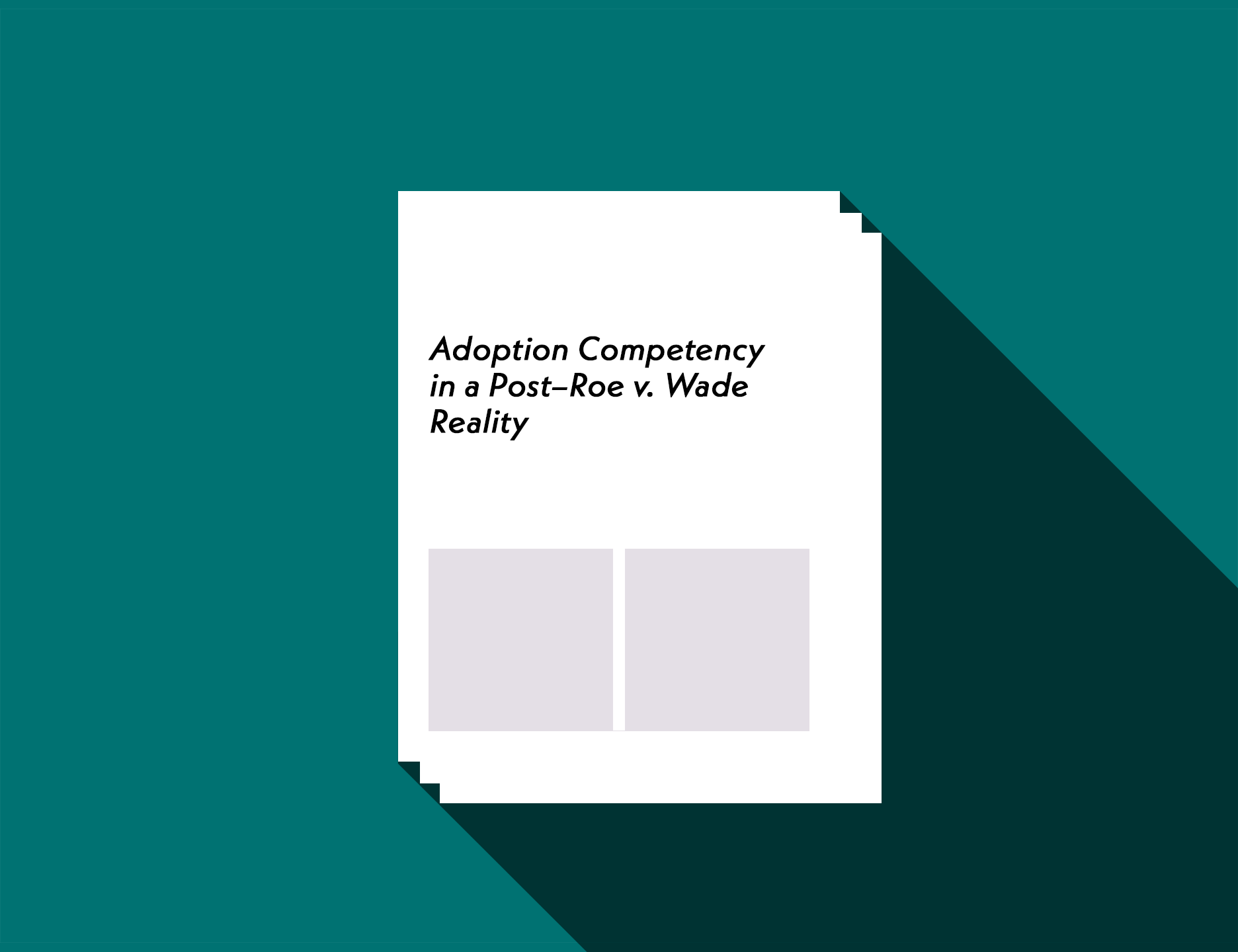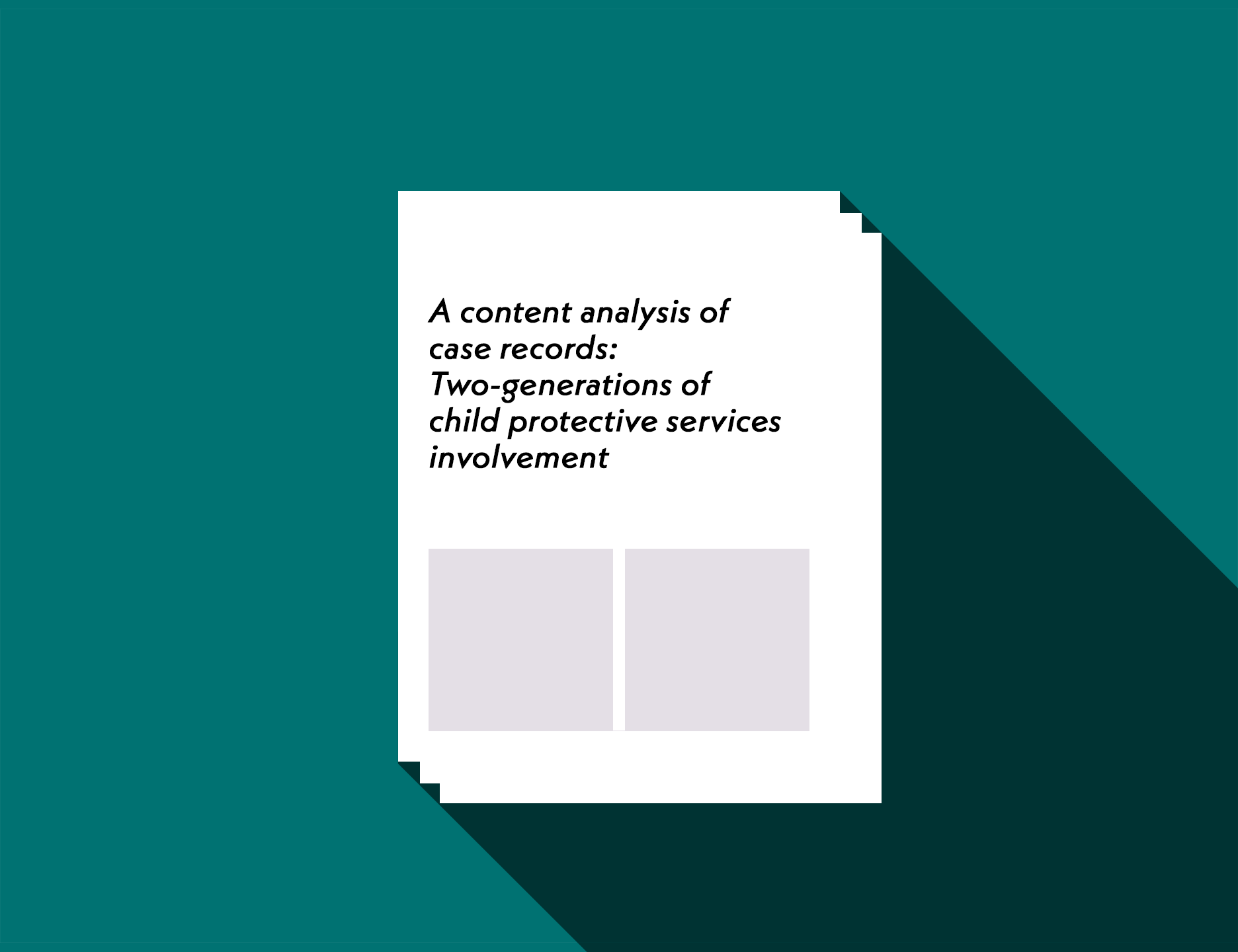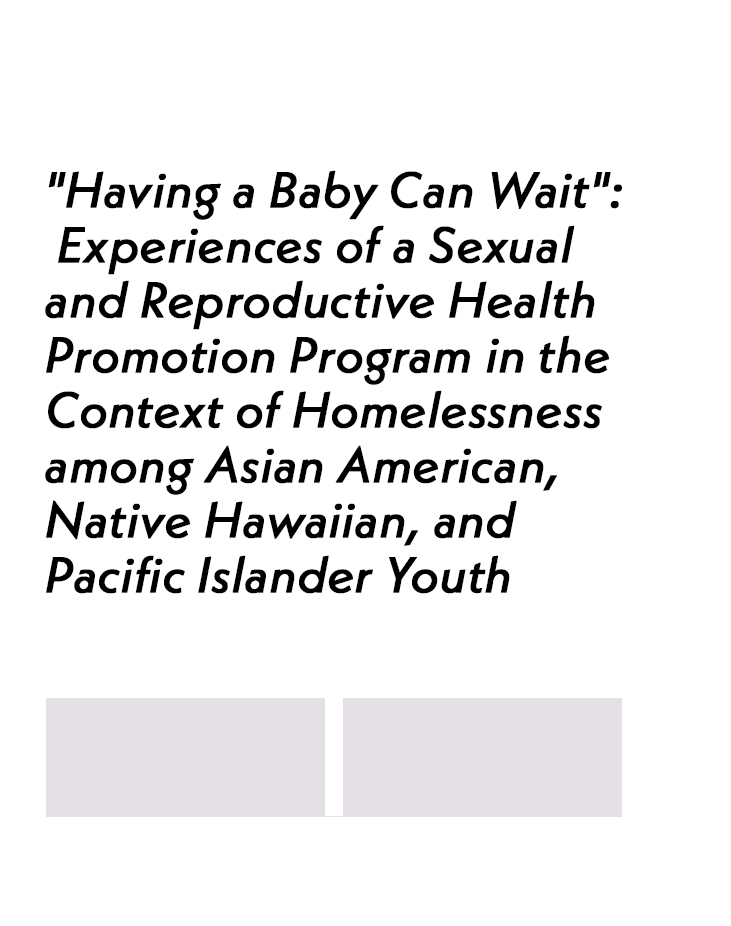
“Having a Baby Can Wait”: Experiences of a Sexual and Reproductive Health Promotion Program in the Context of Homelessness among Asian American, Native Hawaiian, and Other Pacific Islander Youth Captured Through PhotoVoice
Qualitative Health Research, October 2020
Suggested Citation
Aparicio EM, Kachingwe ON, Phillips DR, et al. “Having a Baby Can Wait”: Experiences of a Sexual and Reproductive Health Promotion Program in the Context of Homelessness among Asian American, Native Hawaiian, and Other Pacific Islander Youth Captured Through PhotoVoice. Qualitative Health Research. 2021;31(2):228-240. doi:10.1177/1049732320964423
Abstract
Nearly half of female youth experiencing homelessness (YEH) become pregnant due to myriad individual, family, community, and structural factors. In response, our team developed and tested Wahine (“woman”) Talk, a multilevel, trauma-informed sexual and reproductive health intervention created with and for female YEH aged 14 to 22. After Wahine Talk, youth were invited to participate in a participatory action PhotoVoice project regarding experiences of the program, waiting to start or expand their families, and homelessness. Photographs were taken and captioned by youth, and then further examined through Thematic Analysis. Final project themes include (a) Youth-Driven Birth Timing Decisions; (b) A Sense of Place: Finding Safe Spaces; and (c) Glimpsing Hope. Because YEH live under society’s radar, it is critical to understand their experiences from their own perspectives to improve interventions at multiple levels. Implications for meeting the needs of YEH in the areas of reproductive justice, financial stability, and affordable housing are discussed.

